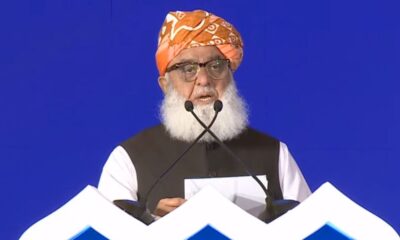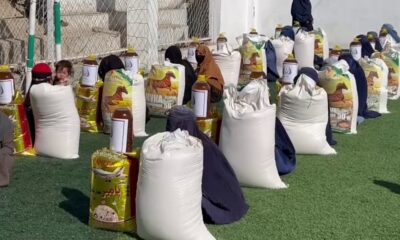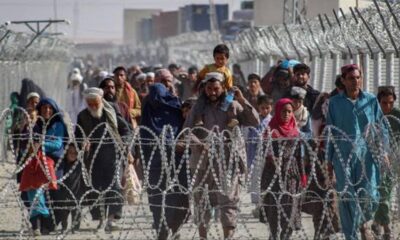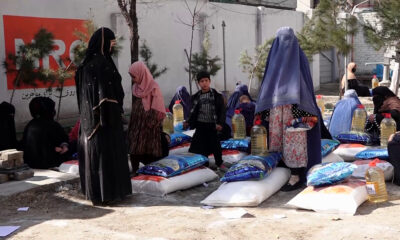Latest News
IEA rejects UN report on rights violations against former officials, forces
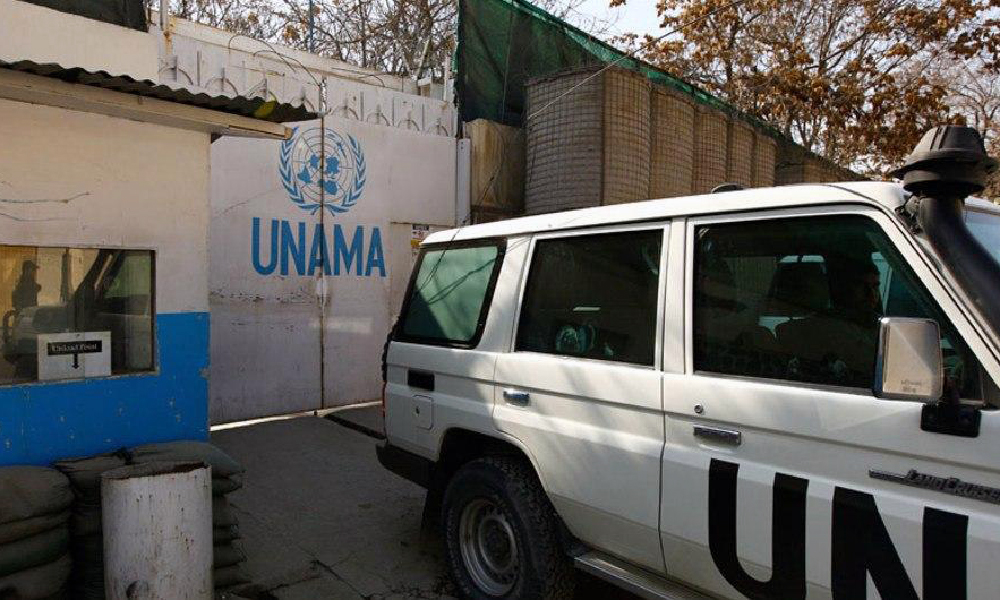
The Islamic Emirate of Afghanistan (IEA) on Tuesday rejected a recent UNAMA report claiming 800 instances of extrajudicial killing, arbitrary arrest and detention, torture and ill-treatment and enforced disappearance carried out against individuals affiliated with the former government and its security forces.
UNAMA said this is despite the announcement by the IEA of a “general amnesty” for former government officials and forces.
Zabihullah Mujahid, the spokesman of the Islamic Emirate, said that the cases of revenge, which are only a few, have been seriously investigated by the relevant bodies of the Islamic Emirate.
“Unfortunately, some agencies of the United Nations, instead of understanding the concrete realities in Afghanistan and seeing positive developments, are always looking for negative points and spreading propaganda, which first of all harms their own credibility,” Mujahid said on X (formerly known as Twitter).
“UNAMA’s report presents a sobering picture of the treatment of individuals affiliated with the former government and security forces of Afghanistan since the Taliban (IEA) takeover of the country. Even more so, given they were assured that they would be not targeted, it is a betrayal of the people’s trust,” said the UN High Commissioner for Human Rights, Volker Turk. “I urge the de facto authorities to carefully consider the findings of this report and to uphold their obligations under international human rights law by preventing further violations and holding perpetrators to account.”
UNAMA said that in interviews, individuals described instances of torture and ill-treatment carried out by IEA security force members, including beatings with pipes, cables, verbal threats and abuse.
To date, efforts by the IEA to investigate and hold perpetrators accountable for the incidents described in the UNAMA report have been extremely limited. Even in the few, isolated cases where an investigation was announced by the de facto authorities, progress lacks transparency and accountability; impunity prevails, UNAMA said.
“While the announcement of a general Amnesty by the Taliban in August 2021 was a welcome step, it continues to not be fully upheld, with impunity for human rights violations prevailing,” said Roza Otunbayeva, the Secretary-General’s Special Representative for Afghanistan and Head of UNAMA. “The de facto authorities must demonstrate a genuine commitment to the general amnesty. This is a crucial step in ensuring real prospects for justice, reconciliation and lasting peace in Afghanistan.”
Latest News
Pakistan’s mistakes played significant role in rise of terrorism: Maulana Fazl-ur-Rehman
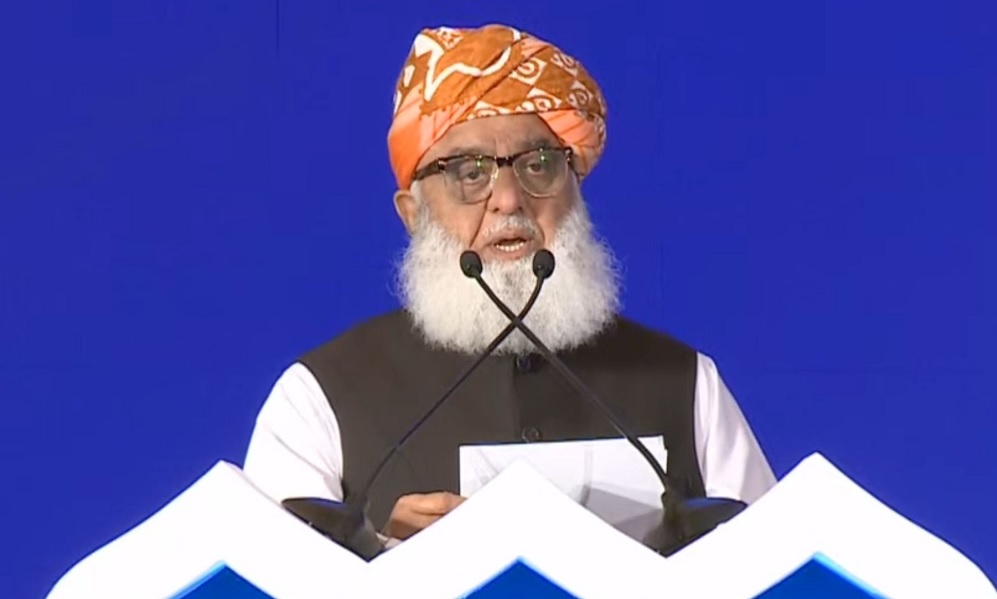
Maulana Fazl-ur-Rehman, chief of Pakistan’s Jamiat Ulema-e-Islam-Fazl (JUI-F) political party, has said that Pakistan’s mistakes played a significant role in the rise of terrorism.
In an interview with Samaa TV, the politician noted that Pakistan provided refuge to 30 to 40 million people during the Afghan war against the Soviet Union.
Rehman expressed his concern about the possibility of a war with Afghanistan, saying: “Whether there is a threat of war with Afghanistan or not requires further thought. War would not be beneficial for either Afghanistan or Pakistan.
“We need a comprehensive strategy for peace in Afghanistan, and the rulers must think about these matters and involve all political parties,” he said.
Pakistani officials have repeatedly claimed that militants attacking Pakistan have sanctuaries in Afghanistan, a charge the Islamic Emirate denies.
Latest News
Deputy PM inaugurates launch of Arghandi Transport Terminal Project in Kabul Province
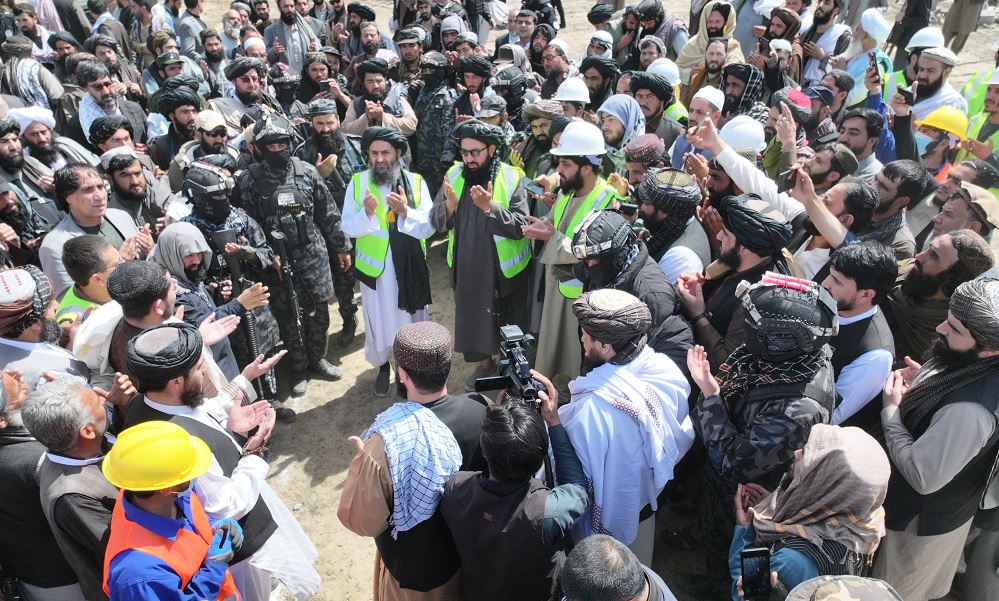
Mullah Abdul Ghani Baradar Akhund, Deputy Prime Minister for Economic Affairs, on Sunday inaugurated the start of construction work on the Arghandi Transport Terminal in Paghman District of Kabul Province.
The inauguration ceremony was attended by the Acting Minister of Transport and Aviation, Mullah Hamidullah Akhundzada, representatives from the private sector, and a number of local residents.
Baradar said the initiative was a vital step in the development of transport infrastructure in the country.
He stated that the development and expansion of transport infrastructure is an essential step toward economic growth, national development, and domestic and regional connectivity.
According to him, decades of war and corruption resulted in the sector having been neglected.
He said existing infrastructure has deteriorated due to poor quality construction; public lands have been usurped by individuals; and that highways and roads have been significantly narrowed.
Baradar also pointed out the need for investment in the transport sector; for the recovery of usurped state land; and the identification and restoration of original roads. He said these factors were among the core national objectives of the Islamic Emirate of Afghanistan.
In line with these goals, construction work on the Arghandi Transport Terminal got underway on Sunday.
Baradar said the Islamic Emirate is not only firmly committed to the development and expansion of transport infrastructure but is also actively pursuing other fundamental strategic objectives.
The Arghandi Transport Terminal in Kabul Province will be constructed on approximately 900 jeribs of land and will cost about 1.285 billion afghanis.
The project is expected to be completed by the private sector within two years.
Upon completion, the terminal will enhance transportation facilities, play a key role in improving the efficiency and organization of logistics and transit operations, reduce transportation costs and traffic congestion, and provide employment opportunities to a large number of citizens.
Latest News
Bayat Foundation distributes food aid to dozens of needy families in Balkh
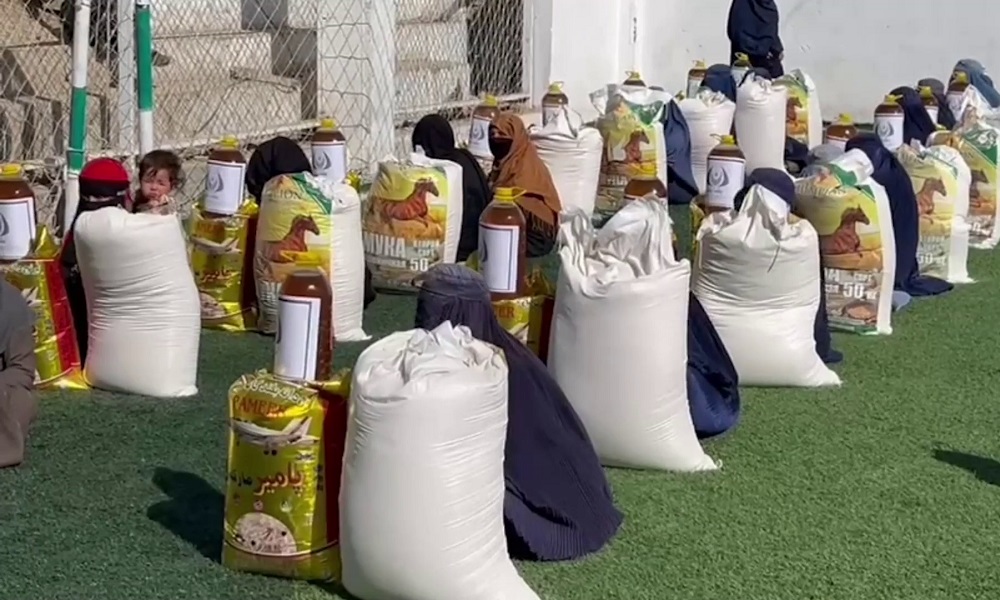
Bayat Foundation distributed food packages to dozens of needy families in Afghanistan’s northern Balkh province this weekend.
The packages included flour, rice, and cooking oil.
Officials of Bayat Foundation in Balkh said that aid distribution will continue in other provinces of the country until the end of the holy month of Ramadan.
“In continuation of Bayat Foundation’s assistance, this time we have distributed our Ramadan aid in Mazar-e-Sharif, which includes flour, rice, and cooking oil, and God willing, this assistance will continue,” Yafes Saqib, Bayat Foundation representative in Balkh, said.
Meanwhile, beneficiaries welcomed the distribution of the aid packages, saying that Bayat Foundation has played an important role in reaching out to the poor, the needy, and in reducing poverty.
“We are very happy. It is the month of Ramadan. May God help anyone who helps us poor people,” Aynuddin, an aid recipient, said.
“I don’t have a breadwinner in my family. On Thursdays, I go and collect Pepsi cans to find bread for my children,” Zarmina, another aid recipient, said.
The assistance comes at a time when international organizations have warned of increasing poverty in the country.
-

 World5 days ago
World5 days agoPutin agrees to 30-day halt on energy facility strikes in Ukraine
-

 Latest News5 days ago
Latest News5 days agoTorkham crossing to reopen after 25-day shutdown
-
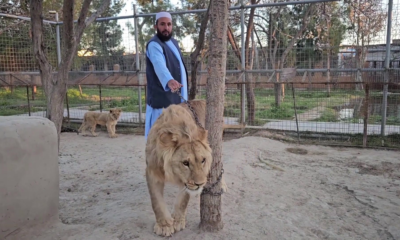
 Latest News5 days ago
Latest News5 days agoHelmand environmental department opens new Zoo
-
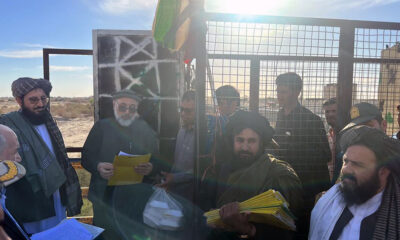
 Latest News4 days ago
Latest News4 days agoAfghan prisoners in Iran sent home
-
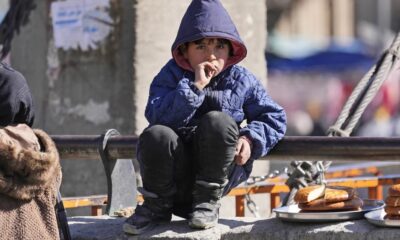
 Latest News4 days ago
Latest News4 days agoAfghanistan ranks last in World Happiness Report
-
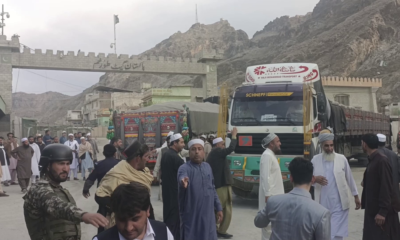
 Latest News4 days ago
Latest News4 days agoTrade resumes as Afghanistan and Pakistan reopen key Torkham border crossing
-

 Latest News5 days ago
Latest News5 days agoRights watchdog calls on Pakistan to ‘immediately stop’ forced deportations of Afghan refugees
-
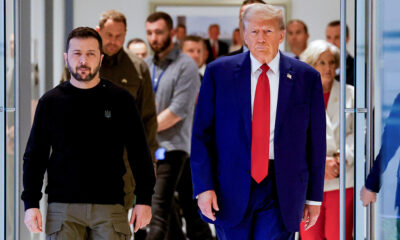
 World4 days ago
World4 days agoTrump, Zelenskiy pledge in phone call to work for end to war in Ukraine


